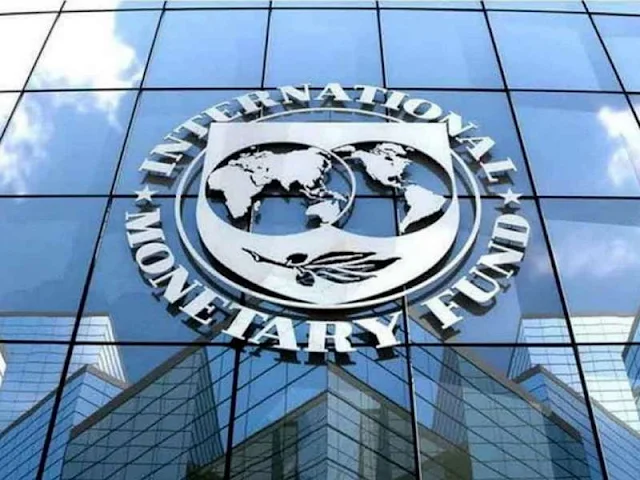The International Monetary Fund has issued a warning that recent flooding disasters in several areas of Nigeria may exacerbate food insecurity and cause a further rise in food prices nationwide.
This caution was issued by Mai Farid of the IMF's African Department during the discussion of "Climate Change and Food Insecurity in Sub-Saharan Africa."
highlighting the potential financial effects of flooding in Nigeria's Benue, Kogi, and Anambra states,
Farid said: “We are very cognizant of the challenge that the flood of that magnitude and how it affected Nigeria in neighbouring countries. We also recognise Chad and Cameroon have also been hit. And absolutely, you’re totally right in terms of the supply of agricultural production, it is going to drop which will put even further pressure on prices. And in addition, it the floods have affected some of the transportation networks which mean makes it even harder for food to transfer into the country or even out in any essence storage.”
Noting that Nigeria and other countries in sub-Saharan Africa are the most food insecure region and also the region most vulnerable to climate change and yet the least prepared to pay, Farid said there is a need for governments to invest in early warning system technology and infrastructure that is climate resilient.
Also speaking John Spray of the Asia and Pacific Department of the IMF stressed the need to provide social assistance to moderate the impact of floods and food insecurity on the people.
He said, “One thing our model tells us is that there can be permanent effects and short-term shocks. And so getting people to food and cash early, getting that social assistance out to people can have a really big impact in the long run. So there’s a kind of urgency where we think it’s important that when there is a shock people can get access to food. They don’t have to take more drastic measures, pulling children out of school or sacrificing other assets.”



